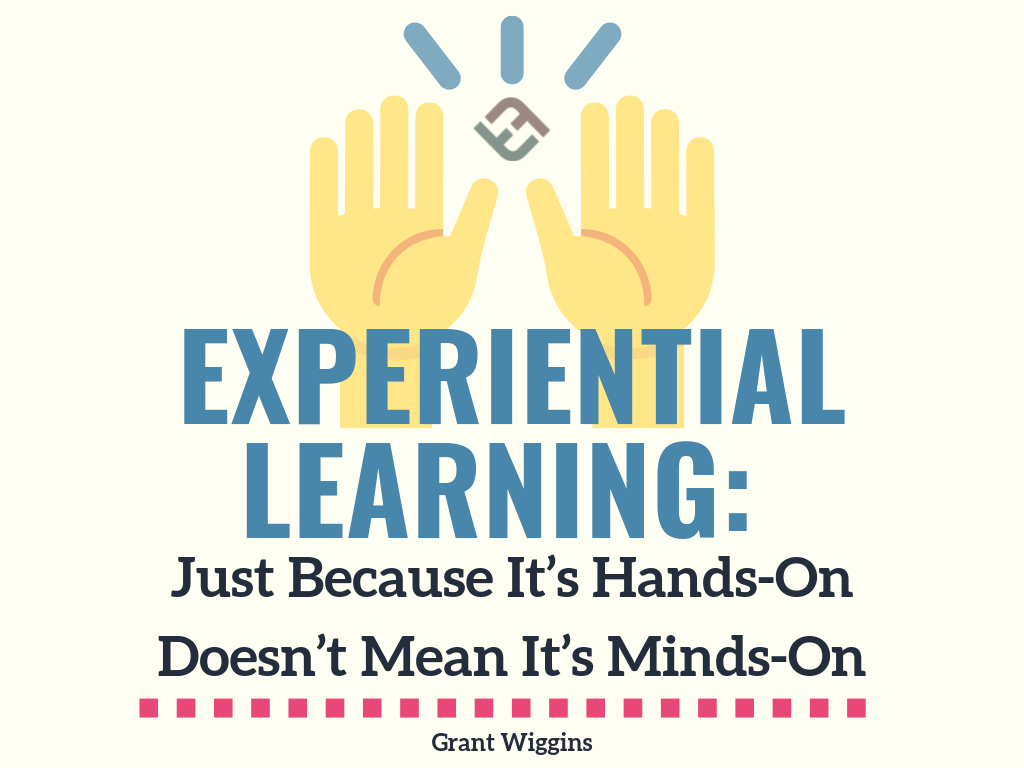Implications of Teaching and Learning Using The Development Theory by Jean Piaget's
Jean Piaget's cognitive development theory has significantly influenced educational practices by providing a framework for understanding how children construct knowledge. This paper explores the implications of Piaget's theory for shaping teaching and learning environments.
Adaptation to Cognitive Developmental Stages:
Piaget's theory posits distinct stages of cognitive development, such as the sensorimotor, preoperational, concrete operational, and formal operational stages (Piaget, 1952). Educators must tailor instructional strategies to match the cognitive abilities and developmental stage of each student (Smith, 2018).
Hands-On and Experiential Learning:
Piaget emphasized the importance of hands-on and experiential learning in the formative years (Piaget, 1964). Incorporating manipulatives and interactive activities into lessons fosters concrete operational thinking and enhances students' understanding (Alexander & Winne, 2006).
Discovery Learning and Problem-Solving:
Piaget advocated for discovery-based learning, where students actively explore and construct their knowledge (Piaget, 1976). Educators should design learning experiences that encourage problem-solving, critical thinking, and exploration, allowing students to build cognitive structures (Bjorklund et al., 2009).
Scaffolding and ZPD:
Piaget's theory aligns with Vygotsky's concept of the Zone of Proximal Development (ZPD) (Vygotsky, 1978). Teachers should provide appropriate scaffolding, offering support just beyond the child's current abilities to promote cognitive growth (Wood et al., 1976).
Integrating Piaget's cognitive development theory into the teaching and learning environment emphasizes the importance of age-appropriate, hands-on, and discovery-based approaches. By recognizing and accommodating the cognitive developmental stages of students, educators can create a more effective and engaging learning experience.
References
Bjorklund, D. F. (2007). Piaget's theory of cognitive development: An introduction for students of psychology and education. Springer.
Piaget, J. (1952). The Origins of Intelligence in Children. International Universities Press.
Piaget, J. (1964). Development and Learning. Journal of Research in Science Teaching, 2(3), 176-186.
Piaget, J. (1976). Piaget's theory. In J. M. Hunt (Ed.), Personality and the Behavioral Disorders (pp. 177-192). Oxford, England: Wiley.
Smith, P. L. (2018). Applying Piaget's Theory of Cognitive Development to Mathematics Instruction. Journal of Educational Psychology, 110(2), 143-152.
Smith, T., & Pourchot, T. (1998). In Quest of Piaget. Journal of Educational Psychology, 90(4), 591-601.
Vygotsky, L. S. (1978). Mind in Society: The Development of Higher Psychological Processes. Harvard University Press.
Wood, D., Bruner, J. S., & Ross, G. (1976). The Role of Tutoring in Problem Solving. Journal of Child Psychology and Psychiatry, 17(2), 89-100.







No comments:
Post a Comment